
The Czech Republic offers excellent opportunities for investors. A stable market, growing demand for housing and favourable conditions make the country an attractive choice for buying and renting
Read more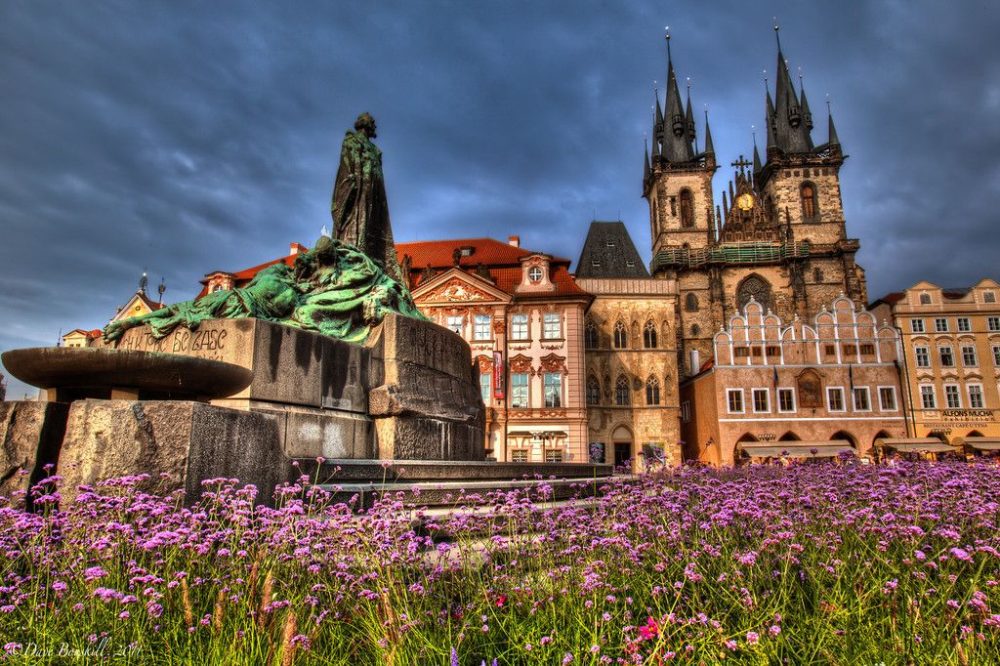
Citizenship by naturalization does not simply mean obtaining a new passport. It is the culmination of a long process of adaptation, legalization, social integration, and loyalty to the host country. Not every country offers the same conditions, but almost every country requires stability, resilience, and involvement in the community. The legal status of a naturalized …
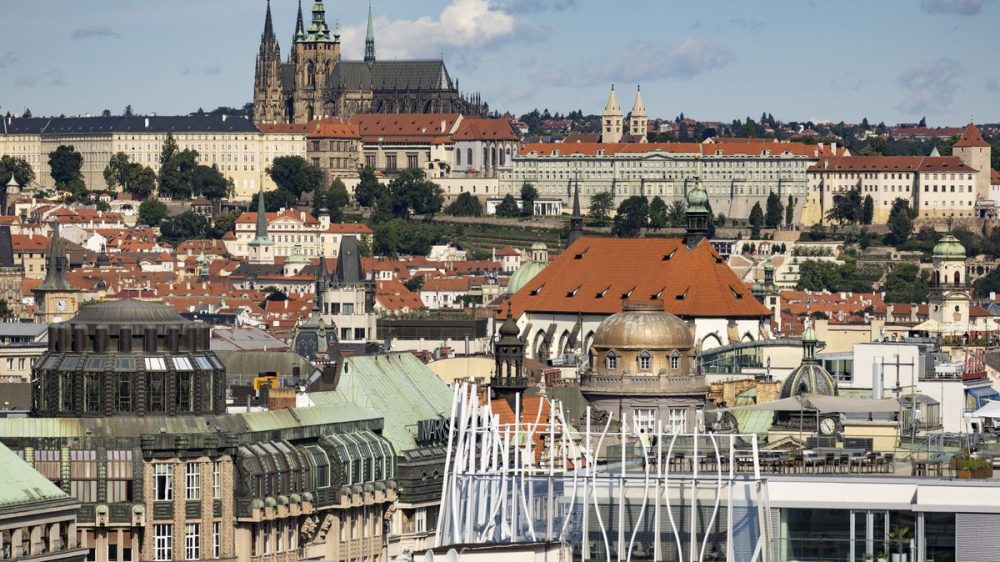
The international property market has long ceased to be the prerogative of transnational corporations. Today, private investors are actively using the advantages of investing in foreign commercial property to create a stable passive income, protect capital and multiply assets in conditions of global economic turbulence. Investing abroad is not just an alternative to bank deposits and …
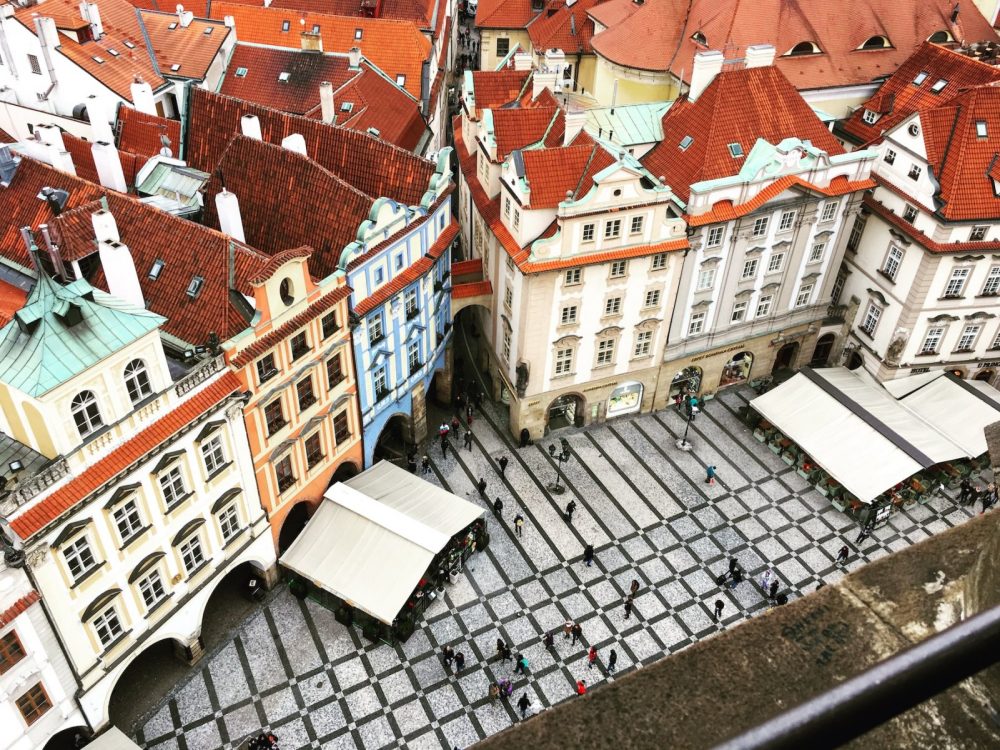
Buying property in Central Europe has long gone beyond a simple alternative to bank deposits. The Czech market offers not only stable growth in value, but also reliable capital protection, high legal transparency and access to residence status. Practice shows: investing in square metres in this country justifies itself both from the position of profitability …
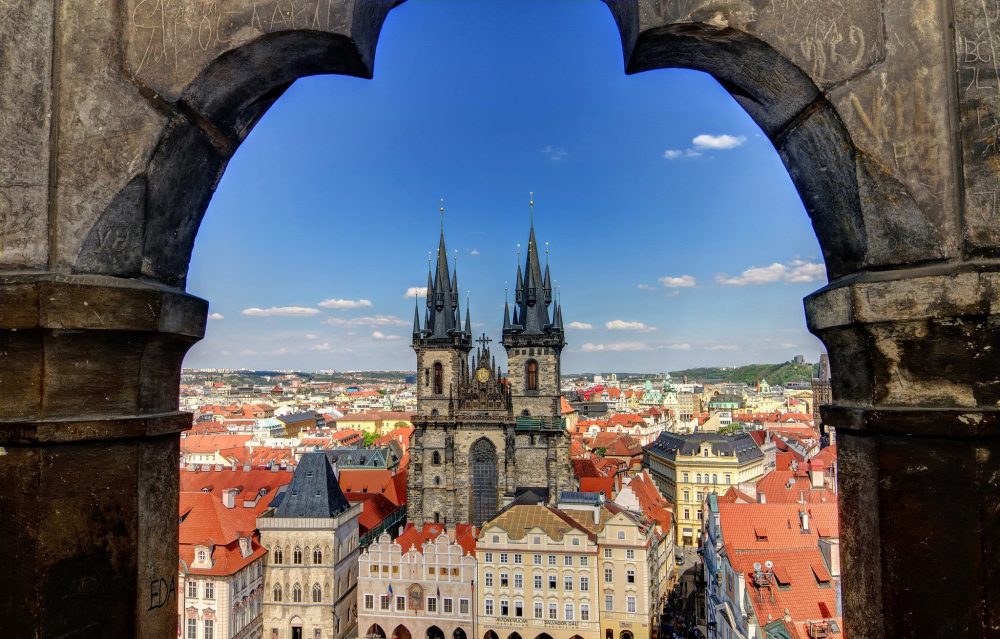
Moving to the Czech Republic for permanent residence in 2025 is a great opportunity for those who are looking for a comfortable life in a country with a rich history, stable economy and high level of education. The country is known not only for its culture, but also for its affordable cost of living, which …

The Czech Republic is a country of medieval castles, cosy streets and a stable economy. It is no wonder that many people think about moving and buying property here. However, like any decision, there are bright and dark sides to living here. What are the pros and cons of living in the Czech Republic that …
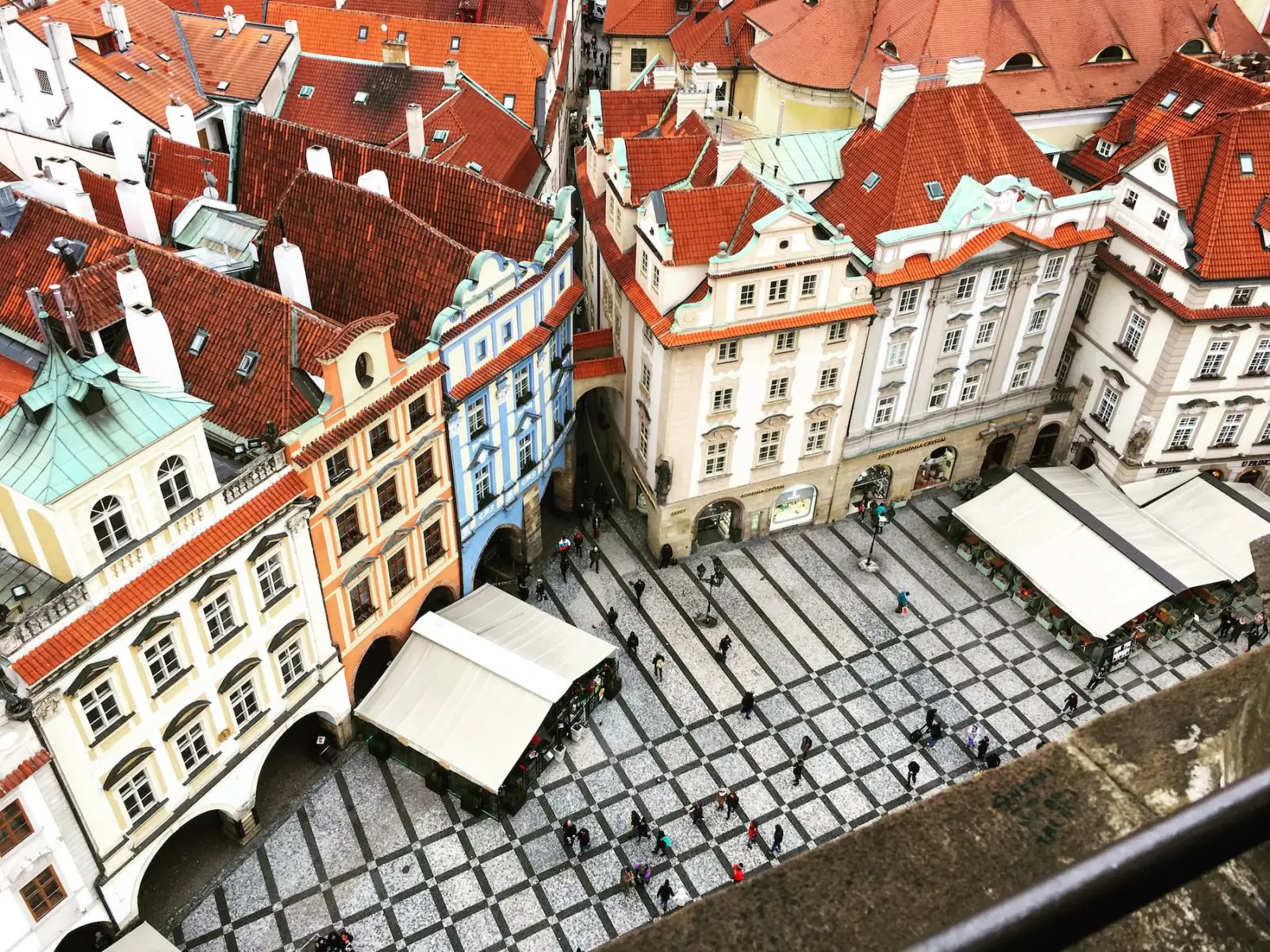
Buying property in the Czech Republic is a step towards stable investments and comfortable living in the heart of Europe. The country offers not only rich history and culture, but also favourable conditions for foreign investors. This article contains key points that will help you understand the peculiarities of the purchase: from laws to taxes. …
Czech Republic provides stability and growth in the market
Attractive house prices and low taxes in the Czech Republic
The leading cities of the Czech Republic are in high demand
High quality of life and a safe environment. The Czech Republic is waiting for you
The Czech Republic offers excellent opportunities to buy property. From cosy flats in Prague to modern houses in picturesque areas, you will find a wide range of properties here. A stable economy, low taxes and a highly attractive market make the Czech Republic an excellent choice for investors. Buying property in this country is not only a profitable investment, but also a chance to enjoy a quality life in the centre of Europe with a rich history and culture
